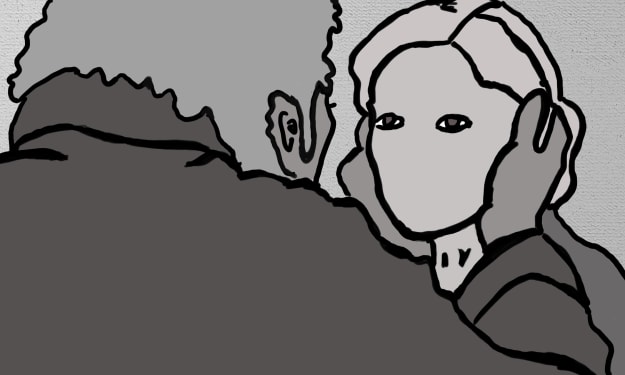#tbt La Cienaga // Lucretia Martel
Lucretia Martel channels the absurd in the family drama, La Cienaga (2001)

La Ciénaga (2001), directed by Argentinean auteur Lucretia Martel, embodies the sardonic sensibilities of New Argentine Cinema. Perhaps the best example of this in the film is Martel’s infatuation with the corporal. The film opens with unflattering close-ups of cellulite and aging bodies near an outdoor pool – bodies that are otherwise, humorously, positioned for print magazine advertising. Shortly thereafter, the film’s most probable heroine, Mecha, drunkenly injures herself in a moment that parallels a later scene where a cow slowly descends into quicksand. In these scenes the primary subject on screen reflects the country’s aging bourgeoisie, which Martel records both intimately and with a mocking distance. Like other films of New Argentine Cinema, Martel’s work takes a structural departure from traditional narrative cinema, and with La Ciénaga the filmmaker uses it to paint a scathing portrait of the Argentinean bourgeoisie.
La Ciénaga’s departure from conventional narrative language is most apparent in its long takes and complex sound design. Western cinema is typically quick, fast paced, and devoted to the three-act structure, whereas Martel’s piece relies heavily on gesture and movement. It’s far from abstract, and focuses more on image than narrative, with the camera revealing what’s happening before a word of dialogue is uttered. The strong sound scape – a constant mixture of distant gunfire paired with ambient nature noise – further aides the pictorial/plot progression. Signification is ultimately left to the audience to decipher, but Martel sets a stage for both unraveling and tragedy.
The matriarch of the film, Mecha (Garcela Borges), is one built from a familiar literary archetype. A combination of Edward Albee’s Martha from Who’s Afraid of Virginia Woolf and countless affluent heroines from Tennessee Williams’ oeuvre. However, Martel frames her with a grotesqueness befitting the opening sequence of the film. While the illusions, or delusions, of Albee and William’s heroines usually take several acts to break, La Ciénaga reveals truths immediately. The character’s necessity for abundance contrasts sharply with the relative decrepit surroundings of her home. Most notably the swamp-like pool where she’s introduced in the film. There’s also Martel’s preoccupation with the corporal; Mecha’s children are all suffering from various physical ailments, including a missing eye, that are all ignored in favor of ice and wine.
The shared ineptitude of Mecha and her husband (Martín Adjemián) is reflected in the mental and physical state of their children, who are also seen roaming in the wilderness with guns in tow. Rather than freedom, the children’s lack of supervision and injuries are symptoms of parental neglect that coincides with the death of an unsupervised toddler at the end of the film. The dysfunctional relations and physical trauma are allegories of the failures of a certain bourgeoise class and the resulting cyclical stasis of one unsuccessful generation transitioning into yet another one.
Martel denies the political subtext of her films , but the superimposition of a neglectful bourgeoisie with the tropes of the absurd drama is common in all her films. Like the aforementioned works of Albee and Williams, and stylistic contemporaries like Denis and Almodóvar, the juxtaposition signifies a critique of a decaying leisure class of the twentieth century. Despite Martel’s refusal to acknowledge the political readings of her films, her personal relationship to the locale and provinciality make the argument of political allegory even more resonant. Most of the filmmaker’s works, notably the Salta Trilogy, take place in said suburban area where the director grew up in Argentina. La Ciénaga, the first film of the trilogy, is also Martel’s debut feature.






Comments
There are no comments for this story
Be the first to respond and start the conversation.